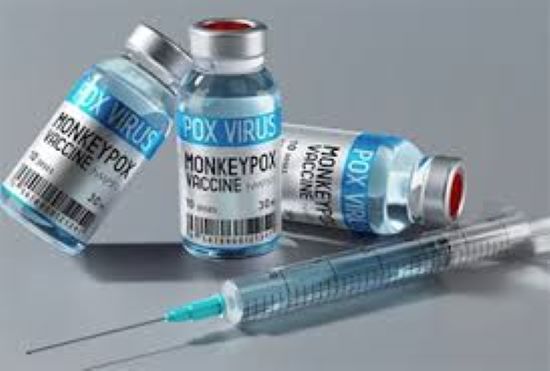The National Primary Health Care Development Agency (NPHCDA) has announced that Nigeria will commence its Mpox vaccination program on October 8, 2024.
The Head of the Public Relations Unit at NPHCDA, Remi Adeleke, stated that the vaccine deployment will take place from October 3 to 6, 2024.
Adeleke explained, “The date for vaccine deployment, based on the current chronogram, is set for October 3rd to 6th, 2024. This timeline aligns with the three to six-week period required for the National Agency for Food and Drug Administration and Control (NAFDAC) to complete regulatory procedures, including sampling, traceability, and lab analysis, following the vaccine receipt on August 27th.”
He added, “The tentative implementation date is October 8, 2024. Due to the limited available doses (9,980) of the Jynneos Mpox vaccine, the quantities will be evenly split (1,996 doses) across the five states for implementation. Specific states for implementation are being evaluated based on the current trend of cases in collaboration with the Nigeria Centre for Disease Control and Prevention (NCDC).”
Earlier, the United States Agency for International Development (USAID) donated 10,000 Jynneos vaccines to help mitigate the spread of Mpox in Nigeria.
Speaking to journalists at the official handover ceremony, the Director General of the NPHCDA, Dr. Muyi Aina, announced that vaccine distribution would commence immediately, prioritizing states with the highest case numbers and frontline workers.
He expressed gratitude to the U.S. government for its support and pledged the judicious use of the vaccines to help save lives and curb the spread of Mpox across Nigeria.
The World Health Organization (WHO) recently declared the surge in Mpox cases in Africa a global public health emergency due to rising cases in the Democratic Republic of the Congo (DRC) and its spread to nearby countries.
The WHO convened a meeting of experts to assess the outbreak and make recommendations to WHO Director-General Dr. Tedros Adhanom Ghebreyesus.
“Today, the emergency committee met and advised me that, in its view, the situation constitutes a public health emergency of international concern. I have accepted that advice,” Dr. Ghebreyesus said at a press conference.
“This is something that should concern us all. WHO is committed in the days and weeks ahead to coordinate the global response, working closely with each of the affected countries and leveraging our on-the-ground presence to prevent transmission, treat those infected, and save lives.”
The decision follows the African Union’s declaration of a public health emergency over the growing Mpox outbreak.
The virus, formerly known as monkeypox, has significantly affected the DRC—where it was first discovered in humans in 1970—and has since spread to other countries.
Dr. Ghebreyesus noted that more than 14,000 cases and 524 deaths have been reported so far this year in the DRC, surpassing the total from the previous year.


